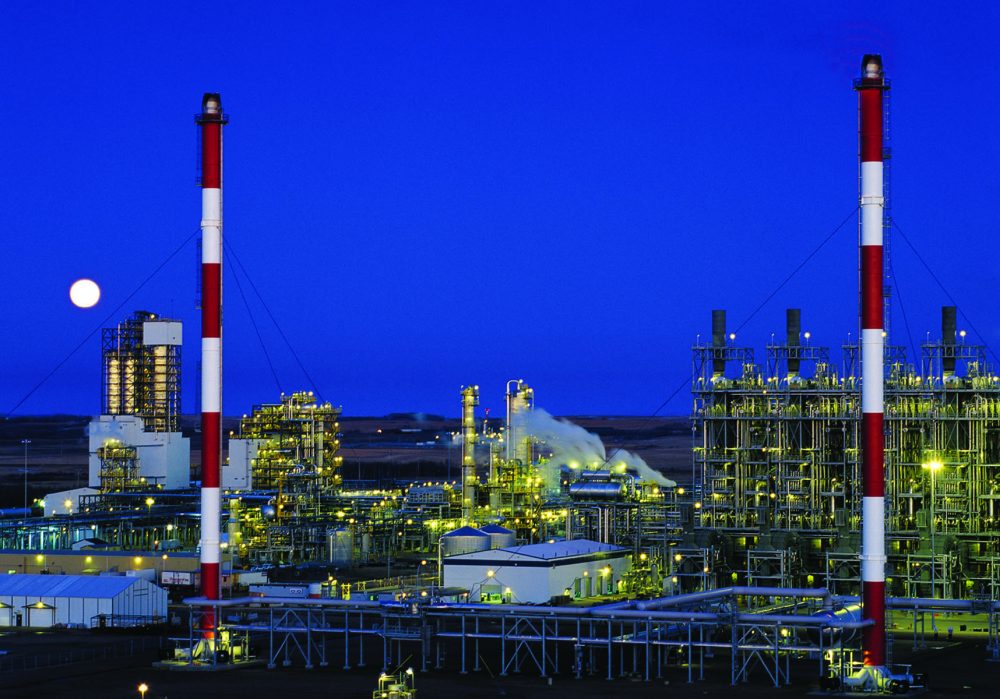Carbon Sciences revealed that new research confirms that the company’s carbon dioxide (CO2) dry reforming catalyst technology can effectively use low value, high CO2 content natural gas. The company’s CO2 technology could dramatically change the economics of the natural gas industry by allowing for the commercial use of vast amounts of low value, high CO2 content natural gas to make valuable products, as well as reduce industry-wide CO2 emissions for all natural gas producers.
Most of the world’s natural gas reserves contain some amount of CO2. With current technology, natural gas is economically viable only when the CO2 content is less than 10-15% of the total volume. If the CO2 content is higher, then the removal process is prohibitively expensive, therefore leaving these natural gas reserves uneconomical to develop. To be marketable and pipeline ready, the CO2 content must be reduced at the wellhead to a content level of approximately 2.5%.
Carbon Sciences’ is commercializing its CO2 dry reforming catalyst technology that converts CO2 rich natural gas directly into synthesis gas (syngas). Syngas is an industry standard feedstock used to make many valuable products, such as hydrogen, fertilizers, methanol, plastics, as well as liquid fuels such as gasoline, diesel and jet fuel. By processing CO2 rich natural gas directly using its CO2 technology, Carbon Sciences’ management believes that certain natural gas producers can unlock the cash value of their high CO2 gas fields and that all natural gas producers can reduce their CO2 emissions.
The technology could produce synthesis gas (syngas) from natural gas to feed operations using ExxonMobil’s proprietary methanol to gasoline (MTG) process. MTG gasoline is fully compatible with conventional refinery gasoline and can be either blended with conventional refinery gasoline or sold separately with minimal further processing. Carbon Sciences believes their technology could be a very good front-end solution for users of ExxonMobil’s MTG process. Other approaches to transforming natural gas into transportation fuels require a refinery step.
Carbon Sciences’ technology could change natural gas industry, aid gasoline production
Reply
